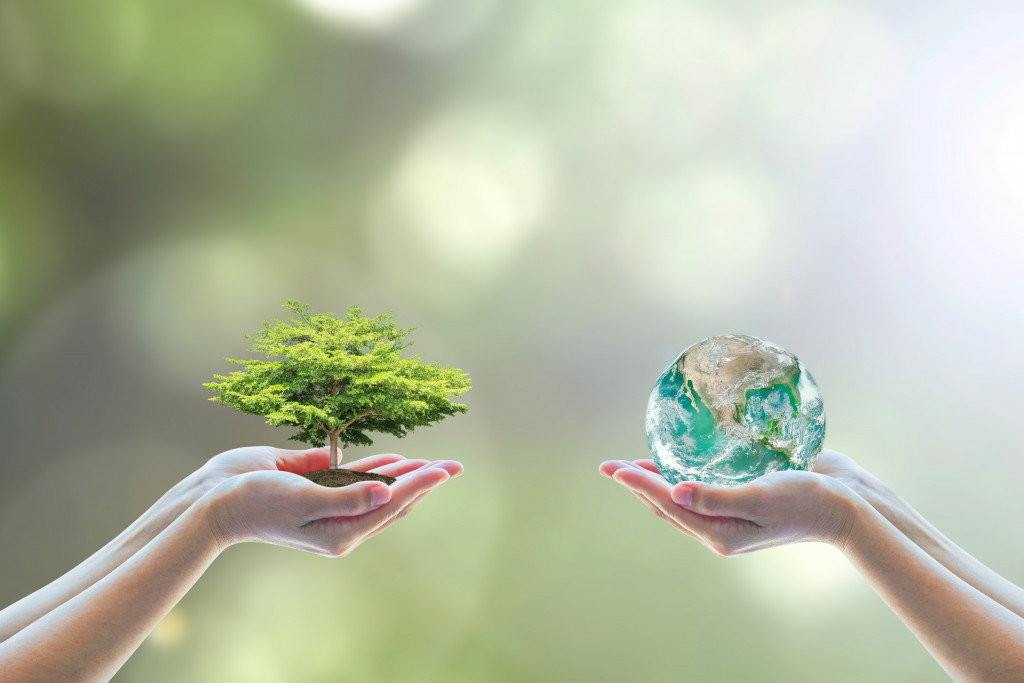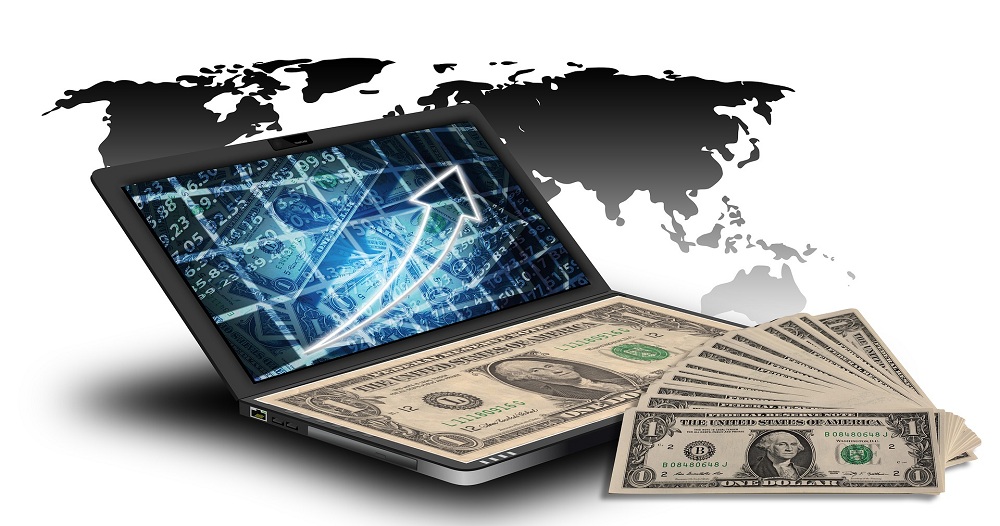The global death toll of COVID-19 is 1.2 million and counting. Millions of people all over the world have lost their jobs. Economies have dwindled, and some are continuing to struggle. And as of today, the fight is still not over.
Needless to say, the COVID-19 pandemic is a human tragedy that will go down in the history books as one of the worst events in the 21st century. But despite all the negative things that COVID-19 has brought with it, there are silver linings to this modern tragedy that we can appreciate:
Decreased pollution
The deadly virus has forced countries to impose lockdown measures to curb its transmission. When large-scale quarantines went into effect, air pollutant emissions and water pollutants decreased dramatically as people stayed inside their homes and industrial production significantly reduced. To illustrate, nitrogen dioxide levels (air pollutants from road traffic) in the U.S. decreased by 22.5% compared to past years. At the same time, particulate matter also declined in urban counties and those who ordered early business closures.
However, this decrease in water and air pollution isn’t going to uphold after things start going back to normal. People will go out as frequently again, and industrial production is going to continue normal operations. Nevertheless, it shows that pollution can greatly be controlled as a society when we make a large-scale effort to protect the environment.
Self-development
The quarantine is a necessary measure to curb the spread of the coronavirus. However, it has certain disadvantages, such as social isolation, increased psychological impact, inadequate supplies, and boredom.
The silver lining is that many people have more time for themselves now, which gives them many opportunities for self-development. Whether it’s reading self-development books, learning a new skill, getting in shape, or catching up on school, the quarantine has given people the time to work on the things they didn’t have enough time for before the pandemic happened. Even though we have no choice but to follow quarantine rules, we can choose how we spend our time that is no longer eaten up by work commutes, social gatherings, and unnecessarily long meetings in the office.

Medical innovation and invention
Naturally, the rise of a new coronavirus has birthed many innovations and inventions in scientific and medical communities. Among these are, of course, the development of a COVID-19 vaccine as well as medical treatments to help heal the virus’s victims. The pandemic has also catalyzed the development of other aspects of medicine, such as telemedicine and virus testing, which help eradicate the deadly disease.
Work-life balance
Due to physical distancing guidelines, many companies across various industries were forced to shift to a work-from-home set-up. While this type of set-up has its own challenges, it has brought up more conversations about work-life balance and its importance. Employers are now more understanding of their employee’s needs, particularly when maintaining a healthy work-life balance at home. Moreover, the set-up has also made employers more open to flexibility, which can be attributed to the fact that work is still getting done despite employees working from home with minimal supervision.
Can we expect this change to become permanent? Probably, but it is still too early to tell. About two-thirds of companies that shifted to remote work expect this set-up to be permanent or at least long-lasting. Besides the benefits it offers to employees, work-from-home has given employers proof that this type of set-up can be as efficient as it is cost-effective.
Exposed flaws in public systems
The COVID-19 pandemic has caught many countries off guard, and most are still suffering the consequences of this unpreparedness. Every public system, including police, healthcare, and education, were put to the test when the pandemic started. In the case of many communities, COVID-19 has exposed a lot of holes in public services.
While this is not inherently good, the silver lining is that these inadequacies have finally been identified. In this way, authorities can start making changes to the system to ensure that they are fully prepared for a crisis of epic proportions like COVID-19. Although no one wants a pandemic to happen again, governments on both national and local levels can be more prepared the next time around (if it ever happens).
COVID-19 is a global crisis that will surely go down in history, one that surely none of us will forget in our lifetime. And while the dark days are still not over by a long shot, we can take a glimpse at the bright side, even for just for a short while, and see the silver linings of this tragedy that we’re facing.




